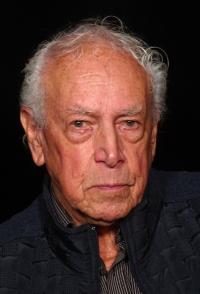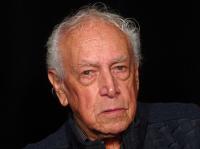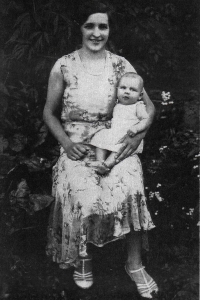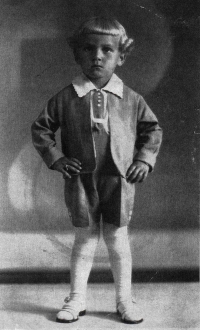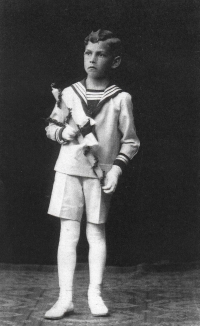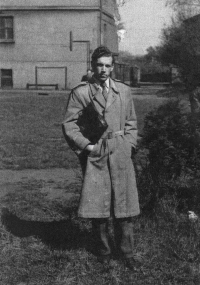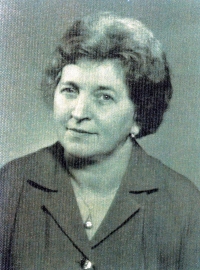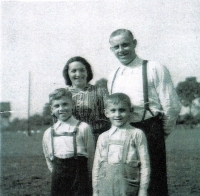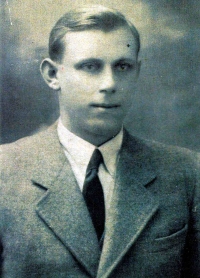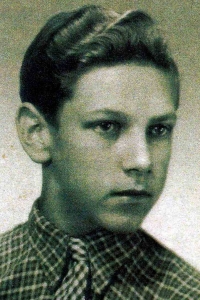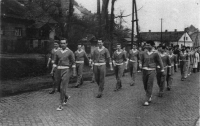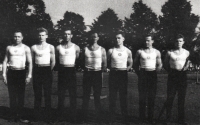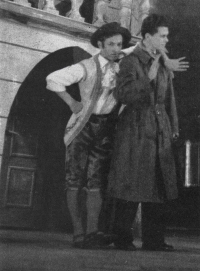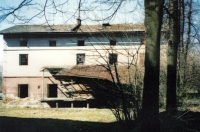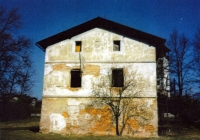Empathy, compassion with the weak. When humankind does this, we can all live well

Stáhnout obrázek
Josef Ohnheiser was born on the 23rd of April in 1923 in Stará Ves nad Ondřejnicí to a German speaking family. The Ohnheiser family were the only Germans in the village, their sons grew up in a Czech language environment and they spoko both Czech and German. When the Protectorate of Bohemia and Moravia was established, Josef Ohnheiser had to start attending German language schools. In August 1944, he witnessed air raids on Ostrava and environs. In March/April 1945, he witnessed the fights of the Moravia–Ostrava Offensive. After the end of WWII, the family was expelled from their mill. Mr. Ohnheiser, witness’ father, was imprisoned in the chateau in Stará Ves nad Ondřejnicí, he went through interrogations and on the 12th of June, 1945, he died. The rest of the family moved to their grandma to Petřkovice by Hlučín. Josef apprenticed as an automobile repairman and then studied at a high school. After the August 1968 occupation of Czechoslovakia, he emigrated to the Federal Republic of Germany.
